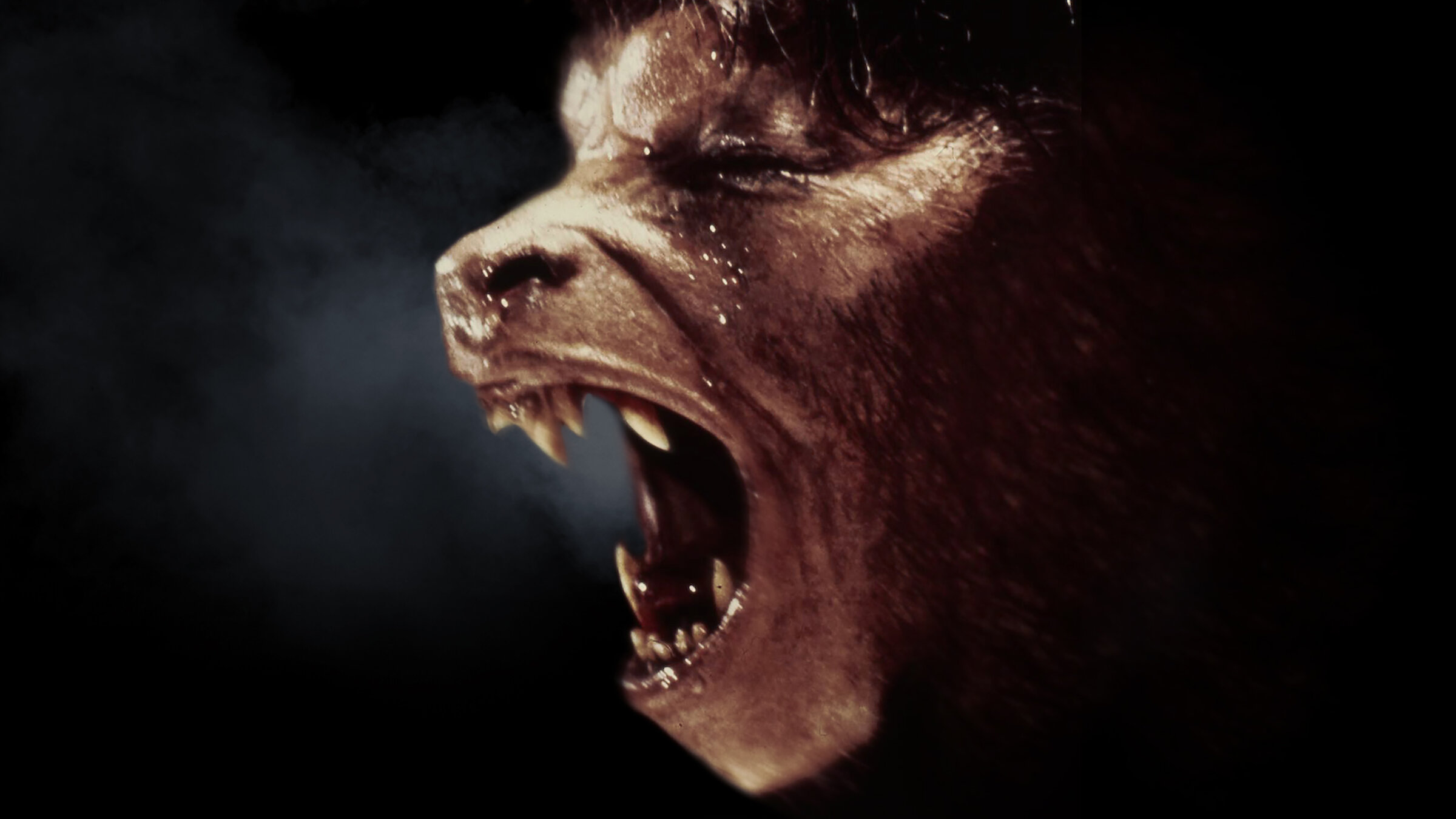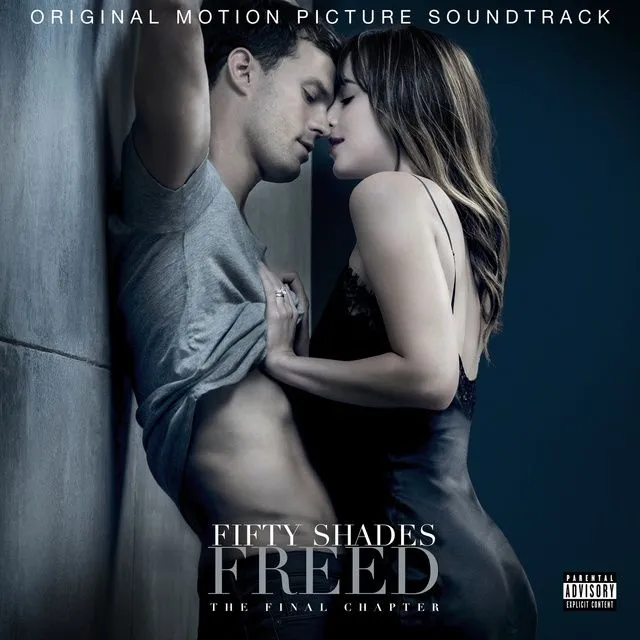A Classic’s Howl at Reinvention
More than four decades after An American Werewolf in London (1981) became a beloved horror-comedy classic, talk of a modern remake has continued to stir curiosity. The original, directed by John Landis, is remembered for its groundbreaking practical effects, pitch-black humor, and genuine scares. In recent years, rumors of a new version—potentially set for 2025—have kept fans intrigued, though the project’s future remains uncertain.
The remake first gained traction when Max Landis, the son of the original film’s director, was reported to be writing and possibly directing. Backed at one point by major studios and notable producers, the idea was to reimagine the story for a contemporary audience while keeping the sharp wit and visceral horror that made the first film legendary. Early discussions even hinted at cameos from original cast members such as Jenny Agutter and Griffin Dunne, adding to the nostalgic appeal.

However, the development of the remake has faced significant hurdles. Controversies surrounding Max Landis have led to a loss of industry support, and momentum for the project has slowed considerably. With no official production dates, cast announcements, or trailers, it is unclear whether the 2025 timeline will hold or if the remake will happen at all. Many fans suspect the project may be shelved indefinitely unless another creative team steps in.
For horror enthusiasts, the idea of remaking An American Werewolf in London is both exciting and daunting. The original is still praised for its near-perfect balance of gruesome transformation sequences, darkly comedic moments, and a haunting atmosphere. The famous transformation scene, achieved entirely with practical effects, remains a benchmark for horror cinema. Recreating or surpassing that moment in a modern production would be a significant challenge, even with today’s digital tools.
![An American Werewolf in London' and Its Iconic Transformation [It Came From the '80s] - Bloody Disgusting](https://bloody-disgusting.com/wp-content/uploads/2020/03/american-werewolf-london-e1585840708232.jpg)
Audience reactions to the remake news have been mixed. Some see it as an opportunity to introduce the story to a new generation, while others feel the original’s unique tone and execution are irreplaceable. The subtle handling of the werewolf—rarely shown in full until absolutely necessary—helped maintain an air of mystery and terror that might be lost in a more effects-heavy modern approach.
If the remake does proceed, its success will likely depend on how it honors the heart of the original while finding fresh ways to surprise the audience. Themes of isolation, culture clash, and the tragic inevitability of the curse could be explored through a modern lens, perhaps with updated settings or character dynamics. The question is whether a new creative team can capture the same blend of humor, tragedy, and horror that made the 1981 film an enduring masterpiece.
As of now, An American Werewolf in London (2025) remains more of a tantalizing “what if” than a concrete reality. Whether it howls its way onto screens or fades into development limbo, the conversation it inspires proves the original’s bite is still as strong as ever.


-1751859221-q80.webp)